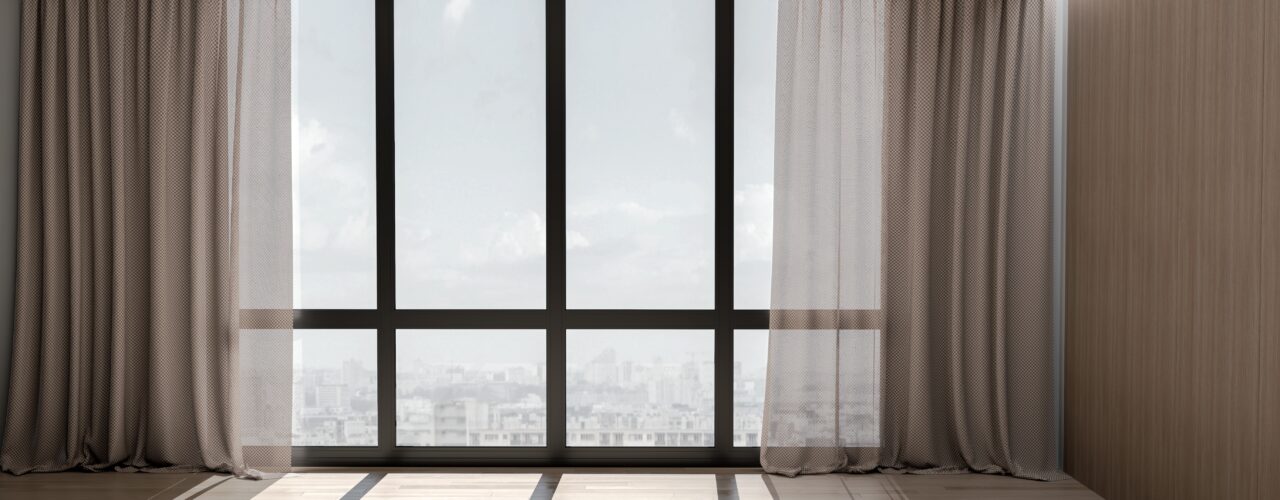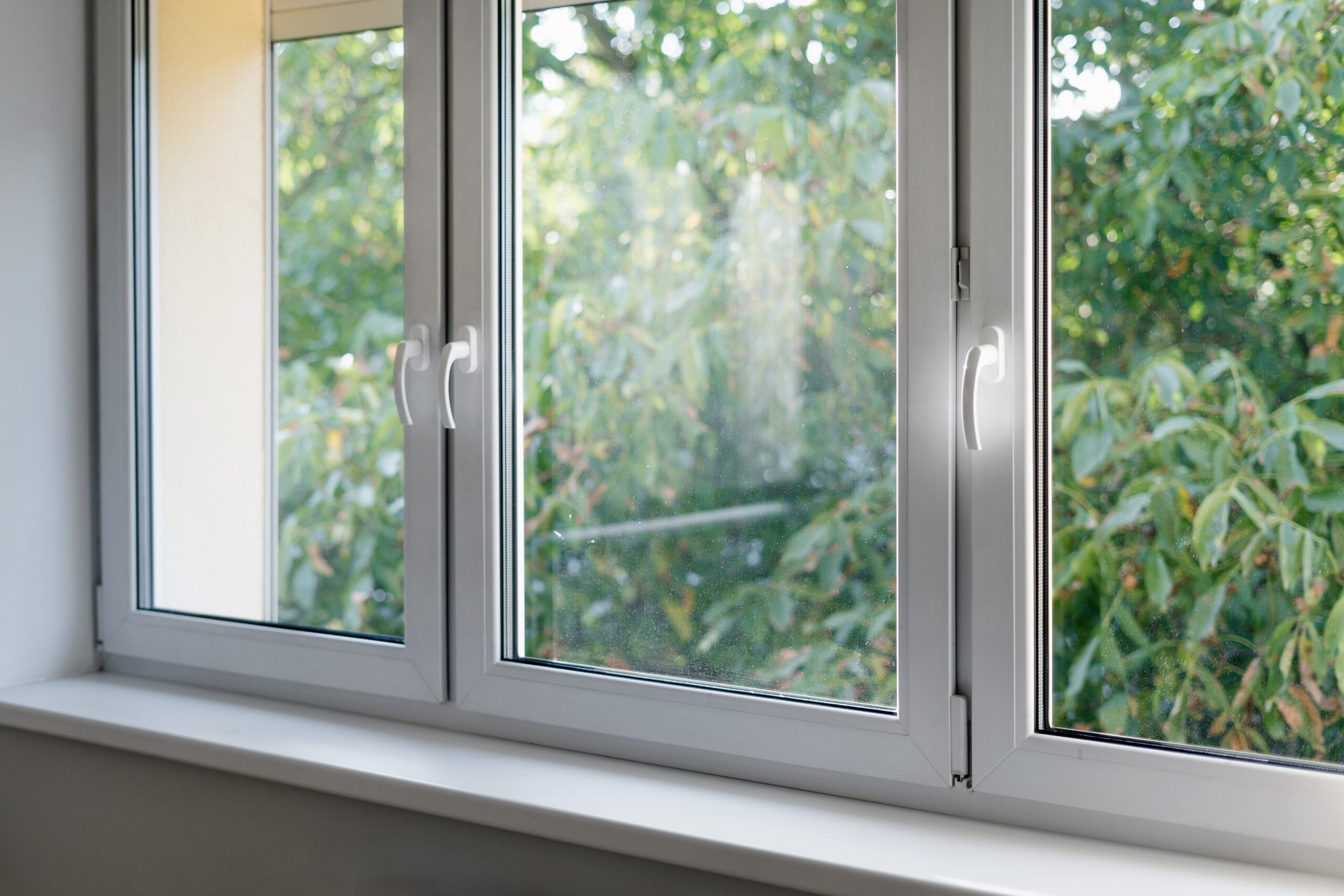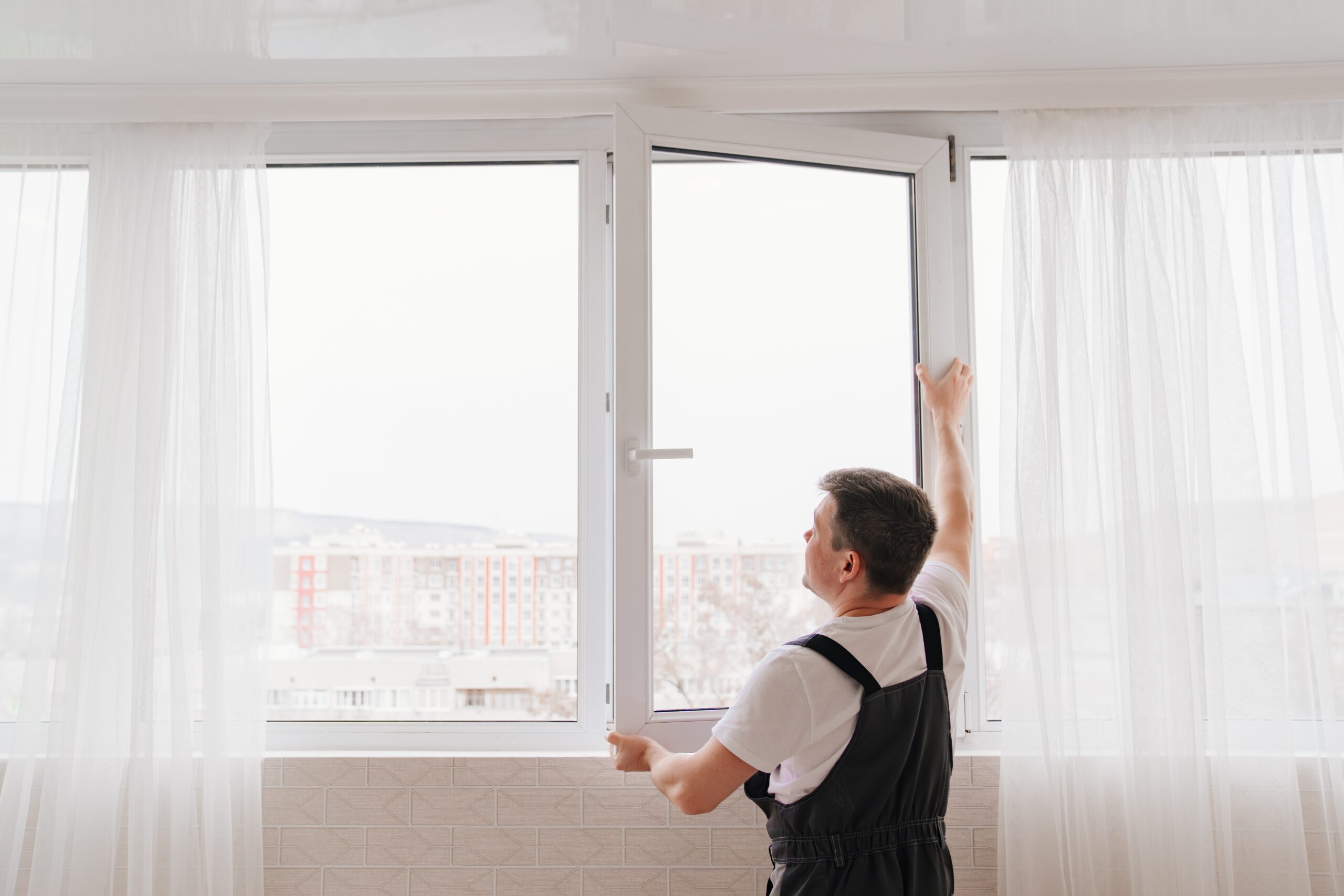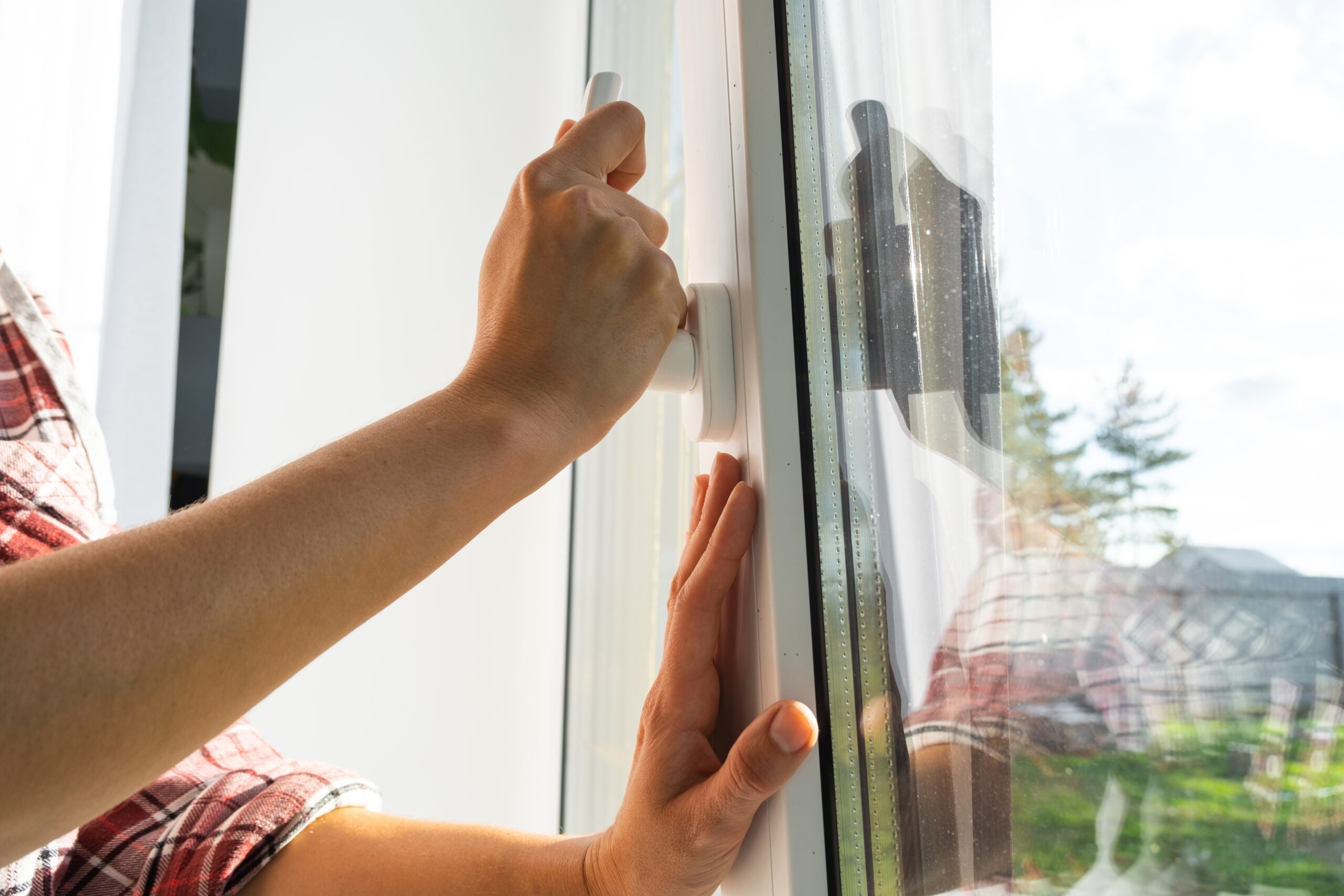
A guide to the best windows for rental properties
07-07-2025 | Damaged PropertyIt may be difficult to know which are the best windows for your rental property, especially as a first-time landlord or if it’s the first time you’re renovating. There are things that need to be taken into account when looking for windows in rental properties, like whether or not they’re energy efficient or if they’re durable enough.
Here, we’ll discuss the best windows for your rental property when it comes to durability, energy efficiency and cost, including tenant appeal and your legal obligations as a landlord.
Why window choice matters for landlords
Windows play an important role in climate control in rental properties in the UK, whether they keep the heat in or cool the property down during the summer months. Here’s why the type of windows you choose for your rental property matters:
- Your property’s market value will instantly increase with the right windows
- Having good-quality windows means that your property is properly insulated, noise levels are minimal, and condensation is prevented (this will also boost your property’s energy efficiency)
- Having durable windows for your rental property means that maintenance costs will be low

Types of windows in rental properties
Now, let’s take a look at the different types of windows available for your rental property below.
1. Glazing options: double vs. triple glazing
The number of glass panes in your windows will play a significant role in their performance. Here’s how you’ll benefit from double glazing:
- Good thermal insulation
- Noise reduction
- Cost-effective
Double glazing won’t be as effective as triple glazing as it may not fully block out excessive noise, especially if you live near an airport or a motorway.
Triple glazing will offer your tenants even more insulation, noise reduction and enhanced security. But this may come with a higher upfront cost, requiring stronger frames.
Deciding on the best windows for your rental property will depend on how much noise reduction you need and how much you’re looking to save on energy bills.
2. Frame materials: uPVC vs. timber
Unsurprisingly, the type of window frames that you use will have an impact on the aesthetics and the amount of maintenance required. Let’s take a look at the different material types that are used.
uPVC (Unplasticised Polyvinyl Chloride)
uPVC is a common choice for windows in rental properties because it only needs occasional cleaning and is more affordable compared to other choices. However, these frames can discolour over time and may be tricky to repair, as most of the time, the whole frame will need to be replaced.
Timber (wood)
Timber window frames in rental properties are usually used in older properties as they look more natural and less modern.
Timber is also a natural insulator and has the potential to last up to 50+ years with the right care. Timber is also easily repairable and is the more sustainable option when sourced responsibly.
On the downside, however, timber will have a higher upfront cost when compared with uPVC and may require more maintenance in order to prevent rot and warping. This may need to take place every 5-10 years.
So, the best window frames for your rental property will depend on the type of property you’re renting out. uPVC window frames are more cost-effective and look more aesthetically pleasing in modern rental properties, whereas timber is usually considered a better choice for period properties where character is necessary for the property.
3. Window designs
The way your windows open in your rental property will determine things, such as ventilation, cleaning and aesthetics. Let’s take a look at the different types of window designs you can get for your rental property.
Casement windows
Casement windows are hinged at the side and open outward like a door. These are common in the UK and give the best ventilation when opened fully, and are sealed the tightest when closed. Casement windows can, however, obstruct pathways or gardens if kept open, and it may be difficult to clean them on the top floor.
Tilt-and-turn windows
These types of windows can either tilt inwards from the top or swing fully inwards from the side. These are excellent for ventilation and are ideal for upper floors when it rains. Tilt-and-turn windows also offer maximum airflow.
These can, however, look bulkier compared to other designs and may interfere with curtains or blinds when opened.
Sash windows (vertical sliding)
Sash windows slide vertically past one another and are crucial for maintaining the character of older properties (Georgian, Victorian or Edwardian). These can significantly increase the value of the property, too.
Also, sash windows provide great airflow from both top and bottom openings. Modern sash windows can now also offer great thermal and acoustic performance. But, these may be more expensive due to their complexity, with older versions sticking or having poorer security if not properly maintained or upgraded.
Again, the best window for your rental property will depend on the type of property you own. If it is an older property, you’ll need to look into keeping sash windows, and if your property is more modern and you’re looking for more secure windows, then casement windows will be the best option for you.

Choosing the best window for your rental property
As much as taking into consideration the aesthetics of your rental property is important, there are also a few legal responsibilities that landlords have when it comes to windows.
Insulation and fitness for human habitation
You may already know by now, but windows play a vital role in being able to properly insulate your rental property. If your windows don’t work efficiently, your property will lose heat, and your tenants’ energy bills will increase. This may also cause ‘excess cold’, which is considered a hazard under the Homes (Fitness for Human Habitation) Act 2018.
Condensation and mould
If the windows in your rental property don’t insulate the property properly, or if there is poor ventilation, this can lead to excessive condensation, resulting in mould. So, ensure that your windows have functional trickle vents that aid ventilation.
Noise control
You’ll need to ensure that the windows in your rental property are at least double or triple-glazed so that any external noise is significantly reduced, as this plays a crucial role in the comfort of your tenants.
Safety and security
You also need to ensure that your windows are secure and play a part in keeping your tenants safe. This is especially important for tenants who have children, and all windows that act as a fire escape route need to be able to open fully and unobstructed.
HMOs (Houses in Multiple Occupation)
If you are renting out an HMO, there may be additional requirements given to you by the local council on window sizes, ventilation, fire escape provisions and security.

Replacing windows in a rental property
There may be times when you need to replace windows in your rental property. If your property is dated, you may need to upgrade to modern double or triple glazing, as this will help improve the energy efficiency of your property.
Also, as mentioned above, replacing windows in your rental property will enhance security, reduce external noise and minimise mould issues.
While the upfront cost of replacing windows can be expensive, the return on investment will surely make up for it. For example, you’ll have reduced maintenance costs, lower energy bills and an increase in property value.
So, investing in the best windows for your rental property means that the value of your property automatically increases, including the efficiency and desirability.
For more information on how to protect your property as a landlord, be sure to visit our resource centre. At CIA Landlords, we have the expertise to find the best landlord insurance deals that are suitable for your needs. Contact us today at 01788 818 670 for a quote!
We won't be beaten on any like for like landlord insurance quote.
Get a quote